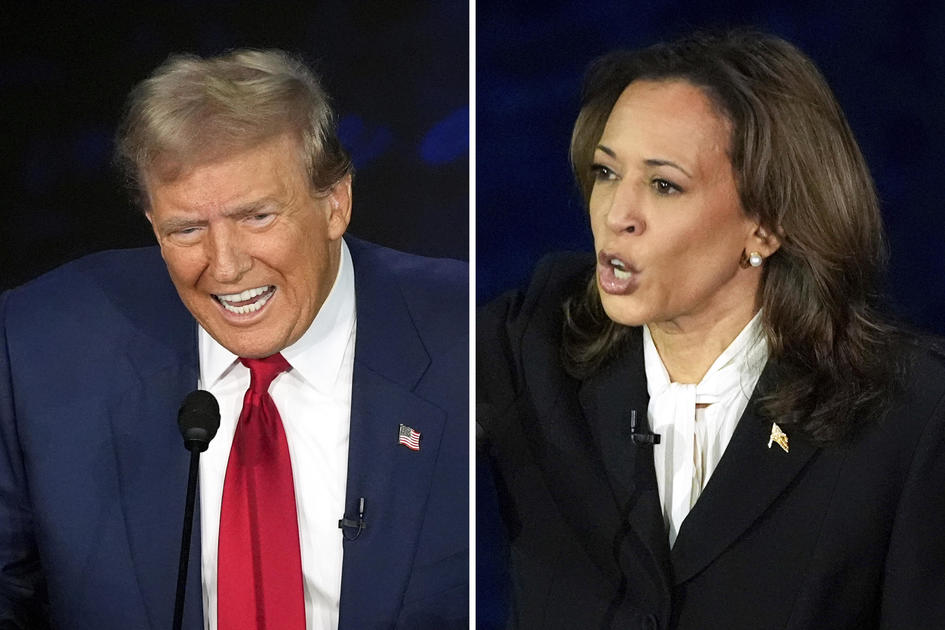Former President Donald Trump announced that he would not participate in a third debate with Vice President Kamala Harris following their recent matchup in Philadelphia. Trump insisted that unnamed polls showed he won and pointed out that when a prizefighter loses a fight, they usually ask for a rematch. Despite some initial polls showing that Harris outperformed Trump, Trump declared that there would be no third debate as voting had already begun. However, Harris expressed willingness to engage in another debate, stating that it was important for voters to have that opportunity.
During the debate, Harris maintained an offensive stance while Trump struggled at times to convey his messaging effectively. He made claims such as Haitian migrants eating pets, denied reports of people leaving his rallies early, and mentioned having “concepts” of a health care plan. Many observers and commentators agreed that Harris had the upper hand in the debate, with some of Trump’s allies acknowledging her superior delivery, organization, and preparation. However, they also noted that Trump may have had an advantage in terms of governance and substance, though that aspect was not effectively conveyed during the debate.
Following the debate, Republican Rep. Mike Collins of Georgia suggested that the winner could be determined by who refused to engage in a second debate, indicating Trump’s decision not to participate. Despite the varying opinions on the outcome of the debate, Trump’s firm refusal to engage in another debate with Harris stood. His decision was met with some disappointment from those who believed another debate would have been beneficial to the voters. Harris, on the other hand, expressed openness to the idea of another debate, emphasizing the importance of providing voters with opportunities to hear from the candidates directly.
Trump’s statement on not participating in a third debate was made through his Truth Social account, where he emphasized his belief that he had won the previous debates with Harris. Despite the mixed reviews and opinions on the performance of both candidates during the debate, Trump held firm in his decision not to engage in another debate. The differing perspectives from various commentators, observers, and even some of Trump’s own allies underscored the complexity and subjectivity of evaluating debate performances. Ultimately, the decision not to have a third debate between Trump and Harris was finalized, with each candidate expressing their views on the matter.















